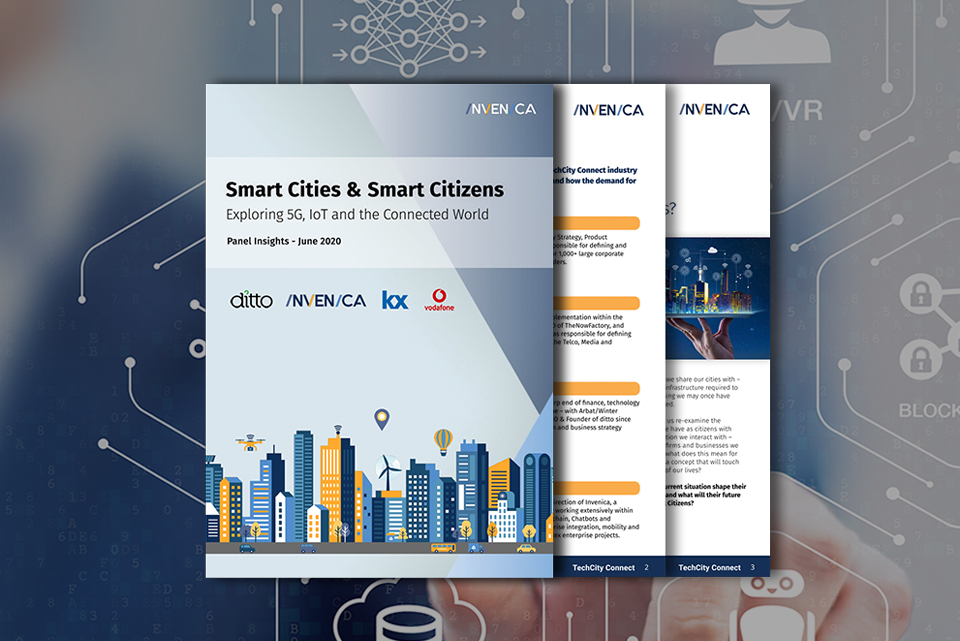The average mobile phone customer demands much more than just minutes and texts from their telecommunications network provider. They expect premium content from third parties, from music streaming to health applications. A pain point for both the telco supplier and mobile phone user though is how to consolidate the payments of these services into one seamless payment package.
The Apple App Store launched in July 2008, and although it was not the first app distribution platform, it was the first to gain mass-market traction. The Android Store (later renamed the Google Play Store) followed later that year, and together the two services triggered a revolution in mobile phone and web use by allowing smartphone users to add extra functionality to their phones, including services offered by third-party providers. Apps are the main way in which many consumers access online services, and they are key to the strategies of major internet platforms such as Google, Facebook and Amazon.
Source: OFCOM Communications Market Report
Over the past five years, some of the biggest European and US telecoms companies have been providing customers with must-have content at their mobile fingertips, moving from minutes to unmissable media coverage. Exclusive sporting events and content is provided through mobile phone apps partnered with affiliated third parties.
Source: Financial Times
There has been an increase in the in subscribers’ average mobile data use amongst the growing numbers of smartphone users, as faster mobile networks cope can facilitate bandwidth-hungry Over-The-Top services such as high quality video streaming.
Invenica worked with a Vodafone to provide a fresh approach in delivering premium content and service offerings to their customers. This was realised within the convenient ‘Vodafone Partner Provisioning Engine’ application.
Vodafone wanted to enhance its high-quality customer engagement service by offering premium content in a way that would be instantly manageable for both supplier and end user. Invenica helped to develop and deliver the Vodafone Partner Provisioning Engine, an Application Programming Interface and web User Interface which efficiently integrates new partners end-to-end. Enabling customers to easily and conveniently subscribe to must-have content by leveraging their existing operator data and billing solutions.
Invenica supported the project with delivery and 3rd party management, project and programme governance, business analysis, technical product validation and input, enterprise software architecture and design and integrated application development.
The Partner Provisioning Engine application created by the Invenica team managed differentiating services within local markets across multiple platforms. The integration of over 17 major content providers such as Apple Music, Netflix and Spotify ensured a comprehensive premium content service for the end user, with reconciled traceability for all Telecommunications Over-The-Top Service providers.
/ What we did
/ What we delivered
Transforming
“By 2025 Ericsson predicts that the number of connected cars in operation will rise to more than 500 million.”
Source: Ericsson Technology Review, Distributed cloud – a key enabler of automotive and industry 4.0 use cases, November 20, 2018




